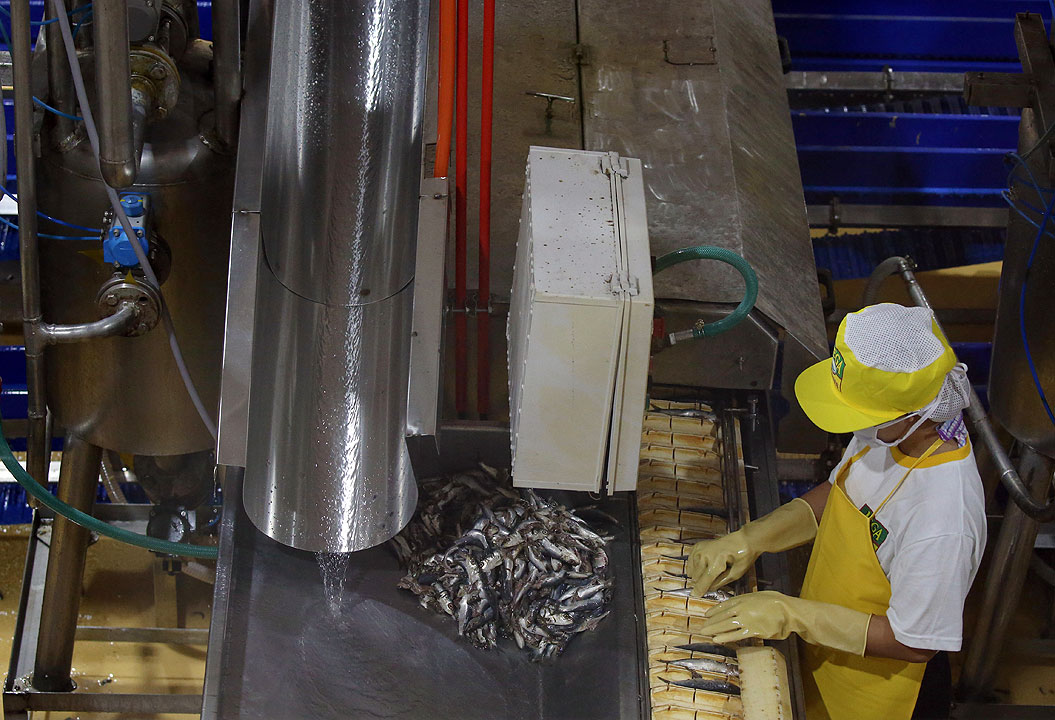Quality manufacturing jobs seen as key to keeping domestic economy ‘robust’

John Victor D. Ordoñez, Reporter
THE GOVERNMENT needs to work on domestic job creation to ensure a “robust” economy, particularly in manufacturing, which is seen as the surest path to high-quality employment.
“We can create a nation that not only produces skilled workers but also provides them with ample opportunities at home,” Jose G. Matula, president of the Federation of Free Workers, said in a Viber message.
“Our ultimate goal remains to build a robust domestic economy that can sufficiently provide jobs for our people,” Mr. Matula added.
The plan to improve job quality needs to involve the closer integration of agriculture with manufacturing, Mr. Matula said.
“Such integration can help us maximize the utilization of our raw materials, increase value addition, and stimulate job creation in both sectors,” he said.
He said the government needs to collaborate towards this end with trade unions, educational institutions, and the private sector.
In March, the Department of Labor and Employment said it expects to complete a national labor and employment plan this year in collaboration with stakeholders.
President Ferdinand R. Marcos, Jr. in January signed an executive order adopting the Philippine Development Plan (PDP) 2023- 2028, which aims to lower the unemployment rate to 4-5 % by 2028 and bring gross domestic product growth to 6-7% this year and 6.5-8% between 2024 and 2028.
The government is pinning its hopes on the PDP to make the Philippines an upper middle-income economy by 2025, Mr. Marcos said in January.
The Philippines is currently classified as a lower-middle-income country by the World Bank. It had hoped to graduate to upper middle-income status by 2022, though this was derailed by the coronavirus pandemic.
The economy expanded by 7.6% in 2022 and by 6.4% in the first quarter.
The unemployment rate in March eased to 4.7% from 4.8% a month earlier. In addition, job quality improved that month as the underemployment rate — which measures the percentage of workers who say they are seeking further employment or longer hours — fell to 11.2%, the lowest level in 18 years.
“We envision a future where our homegrown industries stand strong, offering abundant opportunities for our skilled labor force right here on our own soil,” Mr. Matula said.
